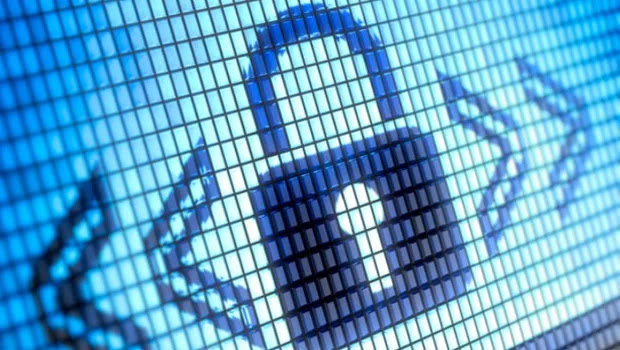 |
| How to Protect your VPN From Attacks |
Corporate VPN is an established method used for additional privacy and security amongst public and private networks such as the internet and WIFI hotspots. Corporations’ priorities this technology because it provides them with adequate information security. Multiple divisions within a corporation are able to share and access sensitive data and other resources with VPNs. Not only that, an increasing number of private individuals are also using it for personal data security. Now that we’ve discussed its function in various groups, let’s now discuss the different ways to ensure VPN security:
1. Authentication Methods In general, an IP VPN Provider encounters Microsoft servers when dealing with the network infrastructure of numerous corporations. Assuming that you’re also using the same thing, we’re prepared a list of do’s and don’ts of implementing authentication methods, which should help you add layers of security to your VPN: 1. So long as you keep the following things inoperative, your VPN connection will work efficiently: SPAP, CHAP, and PAP. These items are commonly not functioning, so let it stay this way for as long as you use the VPN connection. 2. Make use of the best authentication method there is and never settle for mediocre security. Without a strongly secured VPN, the vital information we share—which are more often confidential than not—can end up in the wrong hands. To avoid this from happening, use EAP or Extensible Authentication Protocol. 3. As for the utilization of smart cards, the most secure method is EAP-TLS or Extensible Authentication Protocol-Transport Level Security wherein a public key infrastructure (PKI) is also fundamental. What’s more, a computer certificate along with proper requirements must be installed on the Internet Authentication Service (IAS) server.
2. Access Restriction It’s well-advised to limit the corporate VPN to business functions instead of using it for purposes totally unrelated to work. Moreover, it should only be opened when necessary, since the connection does lead to the office LAN. Establish office rules with regard to accessing the VPN. Instead of using the VPN for file downloads or email checking, here are the following alternatives for both: 1. File Downloads - The employees can access and download files via extranets or intranets. The website should be accompanied by a safe password authentication for a secure access. 2. Email Checking - Create a proxy server for the Microsoft Exchange servers, then authorize Simple Mail Transfer Protocol (SMTP) and Internet Message Access Protocol (IMAP) or Post Office Protocol 3 (POP3). Afterwards, simply require SSL encryption and SPA or secure password authentication to secure mail access.
3.Computer Verification As part of securing your VPN, the IP VPN provider would advise you create a system wherein client computers are checked before they gain access to VPN. Their computers must be fully compliant with network policies. It takes time, however it’s a step further to avoid possible risks of leaking sensitive data.
4.Firewall Configuration Remote employees or those who bring their laptops home are most likely using wireless networks to access the internet. To secure their connection, they must configure their firewalls and routers for WPA. Protecting their work laptops from possible threats can avoid network malfunction.
5.Password Strength When authentication methods have not been implemented, the best way to secure the VPN is to impose a strong password policy. Passwords must be kept temporarily and should only be known to the users themselves, especially the admins. To ensure VPN security, just follow the five items on this list. Corporations and private individuals have used these methods and their VPN remains protected to date. However, keep in mind that these things also need to be maintained. If you need an expert to do it for you, VPN servicers are available worldwide. How to Protect your VPN From Attacks 10 Ways to Increase VPN Security What is VPN? How It Works, Types of VPN How to use a VPN? 10 tips to secure client VPNs How to Make
Your VPN Connection More Secure: A Beginners GuideVPN security: How VPNs help secure data
and control access How to set up a VPN for increased security
and Privacy VPN Security: How Secure Is It & Do
You Need One?
How can you secure your VPN from
unauthorized access? |







0 Comments